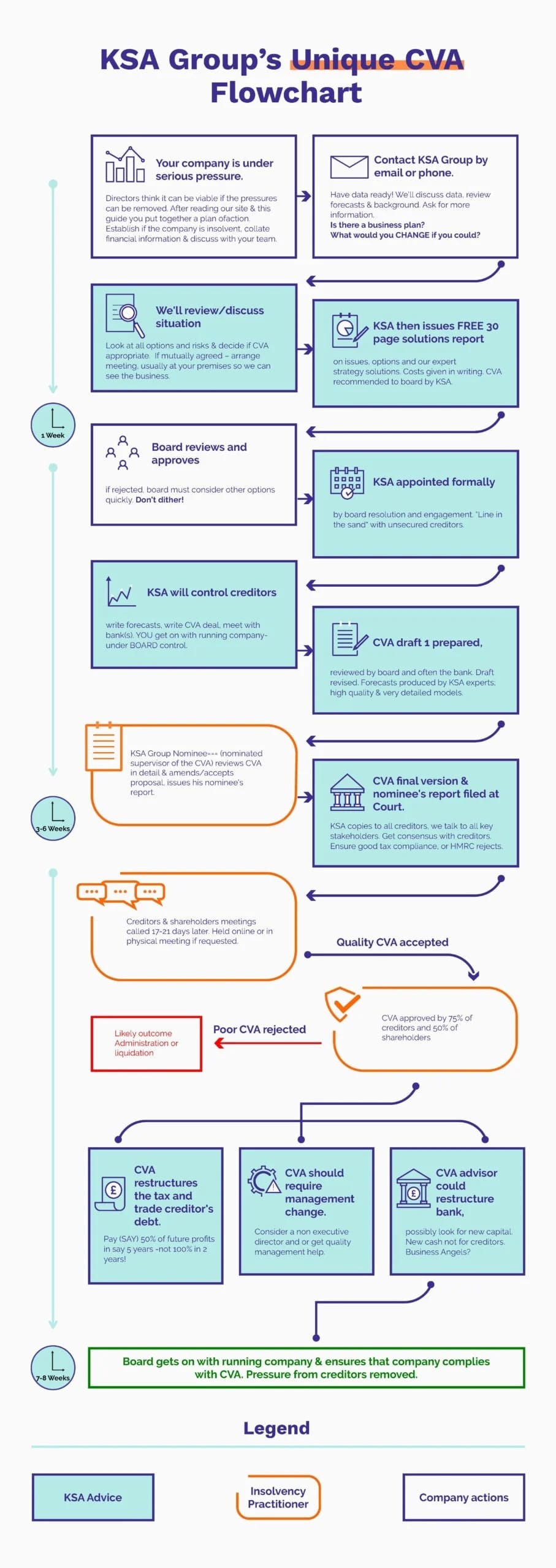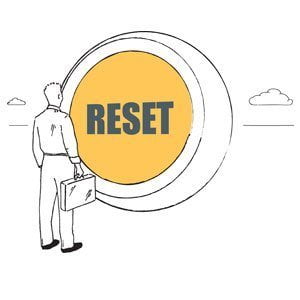Written By Keith Steven
A Company Voluntary Arrangement (CVA) is a legally binding agreement that helps struggling, but viable, businesses manage their preferential and unsecured debts while continuing to trade.
The CVA process offers several significant advantages for businesses. It provides protection from legal actions like winding-up petitions while allowing companies to restructure their costs and debts effectively. Companies can continue trading throughout the arrangement, working towards recovery while maintaining director control. It’s a versatile solution suitable for all types of company and is a powerful government backed rescue mechanism introduced by the Insolvency Act 1986.
As an alternative to liquidation or administration, a CVA offers a structured path to business recovery. In fact, the government published a report in 2022 that found the mechanism was fair to creditors.
To proceed, the CVA requires approval from 75% of creditors (by value), after which it creates a legal moratorium protecting the company from creditor actions. The process typically runs between one and five years, with a licensed insolvency practitioner acting as the CVA Supervisor. This role mean he or she supervises the arrangement and monitors the company’s financial health. The Supervisor does not manage the company in any way. The supervisor manages the CVA debts and collects the monthly (repayment) contributions from the company.
The Supervisor then, over time, repays the creditors in order of their priority in insolvency.
KSA Group has successfully implemented over 500 CVAs, and, in our opinion, it is the best rescue tool for a company burdened by historic debt. We have returned over £30m to unsecured creditors between 2009 and 2022 and £19m to HMRC.









